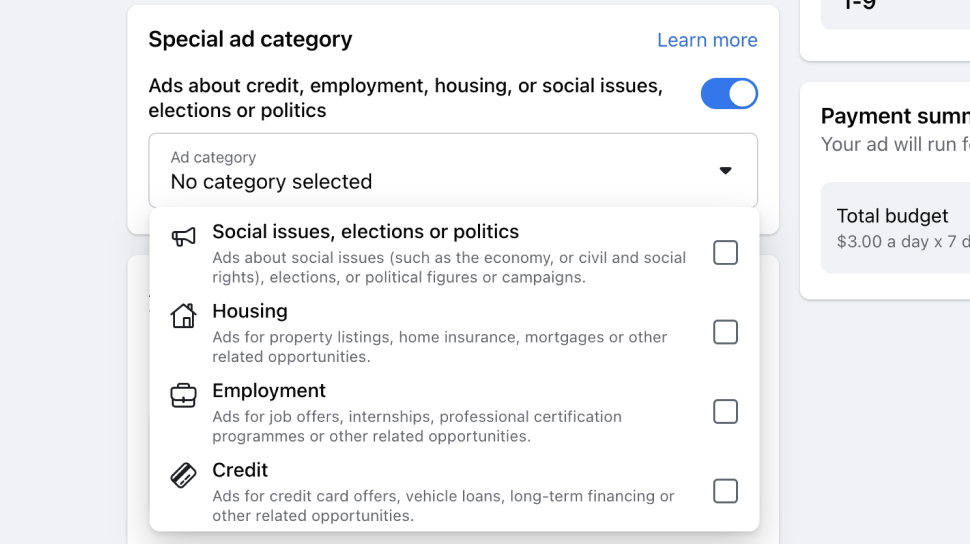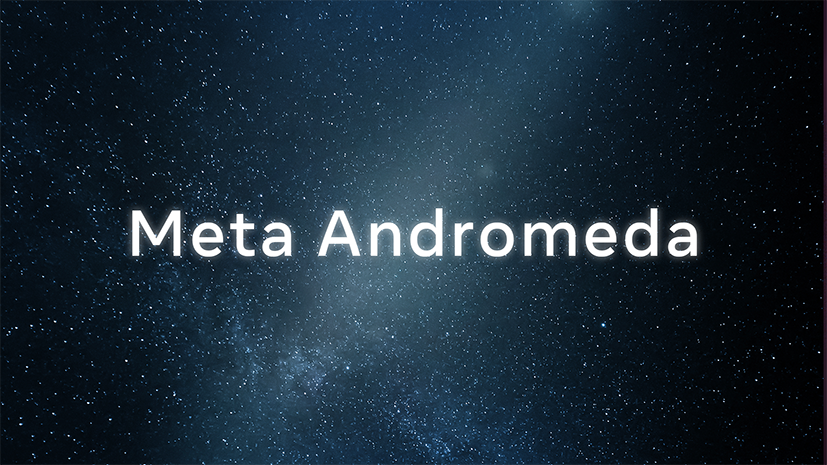Meta Ads Sensitive Categories Restrictions (2026): What Changed & What’s Allowed
Meta's 2026 advertising changes for sensitive categories like health, finance, and politics will limit data sharing and tracking capabilities. Advertisers must adapt to these restrictions, which pose challenges but also present opportunities for innovation. Key takeaways include tighter ad rules, the need for new strategies, and potential growth through innovative approaches. The changes will impact restricted categories, affecting campaign performance and requiring adjustments in advertising strategies.
.avif)
Meta Ads Sensitive Categories Restrictions (2026): What Changed & What’s Allowed
Meta Ads policies around sensitive categories have tightened again in 2026. If your ads are getting rejected, limited, or suddenly stop spending, it’s often not your targeting or creative quality. It’s policy.
Many advertisers unknowingly violate sensitive category rules through wording, claims, or audience assumptions. Others follow outdated advice that no longer applies.
This article explains what Meta considers sensitive categories in 2026, what actually changed compared to previous years, and how to advertise compliantly without killing performance.

What Meta Means by “Sensitive Categories”
Sensitive categories are topics where advertising can influence personal wellbeing, identity, or life circumstances. Because of that, Meta applies stricter rules on messaging, claims, and personalization.
Meta’s goal is to prevent ads that feel invasive, judgmental, or exploitative, even if the product itself is legal and legitimate.
In 2026, enforcement is largely automated. That means ads are often restricted by AI systems before a human ever reviews them.
The Main Sensitive Categories in 2026
Meta groups sensitive content into several broad areas.
Health and medical topics remain the most heavily restricted. This includes physical health, mental health, supplements, weight loss, skin conditions, and anything that implies diagnosis or treatment.
Personal attributes are another major category. Ads cannot imply or state information about someone’s race, religion, sexual orientation, political beliefs, income level, or medical condition.
Financial hardship is also closely monitored. Messaging around debt, poverty, gambling, or financial stress must be handled carefully and without assumptions about the viewer.
Dating, relationships, and sexual content continue to face limitations, particularly when ads suggest loneliness, rejection, or personal inadequacy.
Employment, housing, and credit-related ads fall under special ad categories with additional targeting restrictions.
What Changed in 2026 Compared to Earlier Years
The biggest change is stricter interpretation, not entirely new rules.
Meta now flags ads more aggressively for implied personal attributes. Even indirect phrasing can trigger restrictions. For example, wording that suggests someone “struggles with anxiety” or “can’t lose weight” is more likely to be rejected than before.
Another major shift is reduced tolerance for outcome-based claims. Even if claims are common in your industry, Meta increasingly requires neutral, educational framing rather than promises or guarantees.
Automation has also improved. Meta’s systems now evaluate ad text, images, landing pages, and even comments more holistically. Fixing just the ad copy is often not enough if the landing page contradicts policy.
What Is Explicitly Not Allowed
Meta does not allow ads that directly reference a person’s medical condition, mental state, or personal struggles. This includes second-person language such as “you have,” “are you suffering from,” or “do you struggle with.”
Before-and-after imagery for health, weight loss, or cosmetic outcomes is still prohibited. So are exaggerated claims, miracle results, or guaranteed outcomes.
Ads that pressure users emotionally or imply negative self-worth are also restricted. This includes fear-based messaging that targets insecurities.
What Is Allowed (If Done Correctly)
Sensitive categories are not banned outright. They are restricted in how they can be advertised.
Educational and informational content is generally allowed. Neutral language that focuses on the product, process, or general benefits without referencing the viewer personally performs best.
For example, instead of framing messaging around “fixing a problem you have,” compliant ads describe what the product does or how it fits into a broader lifestyle.
Using third-person or general phrasing is key. Avoid “you” statements. Avoid assumptions. Let the audience self-identify rather than being told who they are.
Health, Supplements, and Wellness Ads in 2026
This is where most advertisers run into trouble.
You can advertise supplements and wellness products, but you cannot claim they treat, cure, or prevent medical conditions. You also cannot imply that the viewer has a health issue.
Language must stay high-level and supportive. Focus on ingredients, routines, or general wellbeing rather than outcomes.
Landing pages are scrutinized just as heavily as ad copy. Even if the ad passes, the page can cause retroactive rejection.
Financial and “Life Improvement” Offers
Ads related to money, productivity, or self-improvement must avoid suggesting financial distress or personal failure.
Messaging that implies someone is “broke,” “in debt,” or “failing” is likely to be restricted. Instead, Meta prefers aspirational but neutral framing that avoids pressure or judgment.
Why Ads Get Rejected Even When They “Look Fine”
In many cases, the ad itself isn’t the only issue.
Meta reviews the full funnel. That includes the landing page headline, testimonials, images, and even metadata. One non-compliant sentence on the page can override an otherwise compliant ad.
Another common issue is historical account data. Accounts with repeated violations are reviewed more strictly, and borderline ads are more likely to be limited.
How to Write Compliant Ads Without Killing Performance
The most effective compliant ads in 2026 follow a few consistent patterns.
They speak about the product, not the person. They describe situations without assigning them to the viewer. They focus on information, routines, or experiences instead of promises.
Strong creative and clear value propositions still matter. Compliance does not mean boring. It means precise language.
Tracking Still Matters (Even for Restricted Ads)
Sensitive category ads are often harder to optimize because Meta limits personalization signals.
That makes accurate conversion tracking even more important. If Meta receives incomplete or delayed conversion data, performance drops faster in restricted categories.
Server-side, first-party tracking helps ensure Meta still receives reliable feedback signals, even when targeting and messaging are constrained.
What to Do If Your Ad Is Rejected or Limited
First, review both the ad and the landing page. Look specifically for implied personal attributes, outcome claims, or emotional pressure.
If the ad complies, request a review. Many automated rejections are overturned by human review, especially when language is neutral and factual.
If rejections persist, reframe rather than fight the policy. Small wording changes often make a big difference.
Final Takeaway
Meta Ads sensitive category restrictions didn’t suddenly appear in 2026, but enforcement is stricter, broader, and more automated than ever.
Most advertisers don’t fail because their product is forbidden. They fail because their messaging crosses subtle policy lines.
If you understand what changed, avoid personal assumptions, and focus on neutral, product-first communication, you can still run profitable campaigns in sensitive categories without constant rejections.
As Meta implements stricter advertising controls, businesses must evolve their strategies to navigate the new landscape. Focusing on creative potential, strategic data adjustments, and leveraging AI-driven tools can help advertisers overcome challenges and optimize performance. By embracing these changes as opportunities for innovation, companies can refine their approaches, enhance brand engagement, and achieve continued growth in their advertising efforts despite the evolving restrictions.



.jpg)








